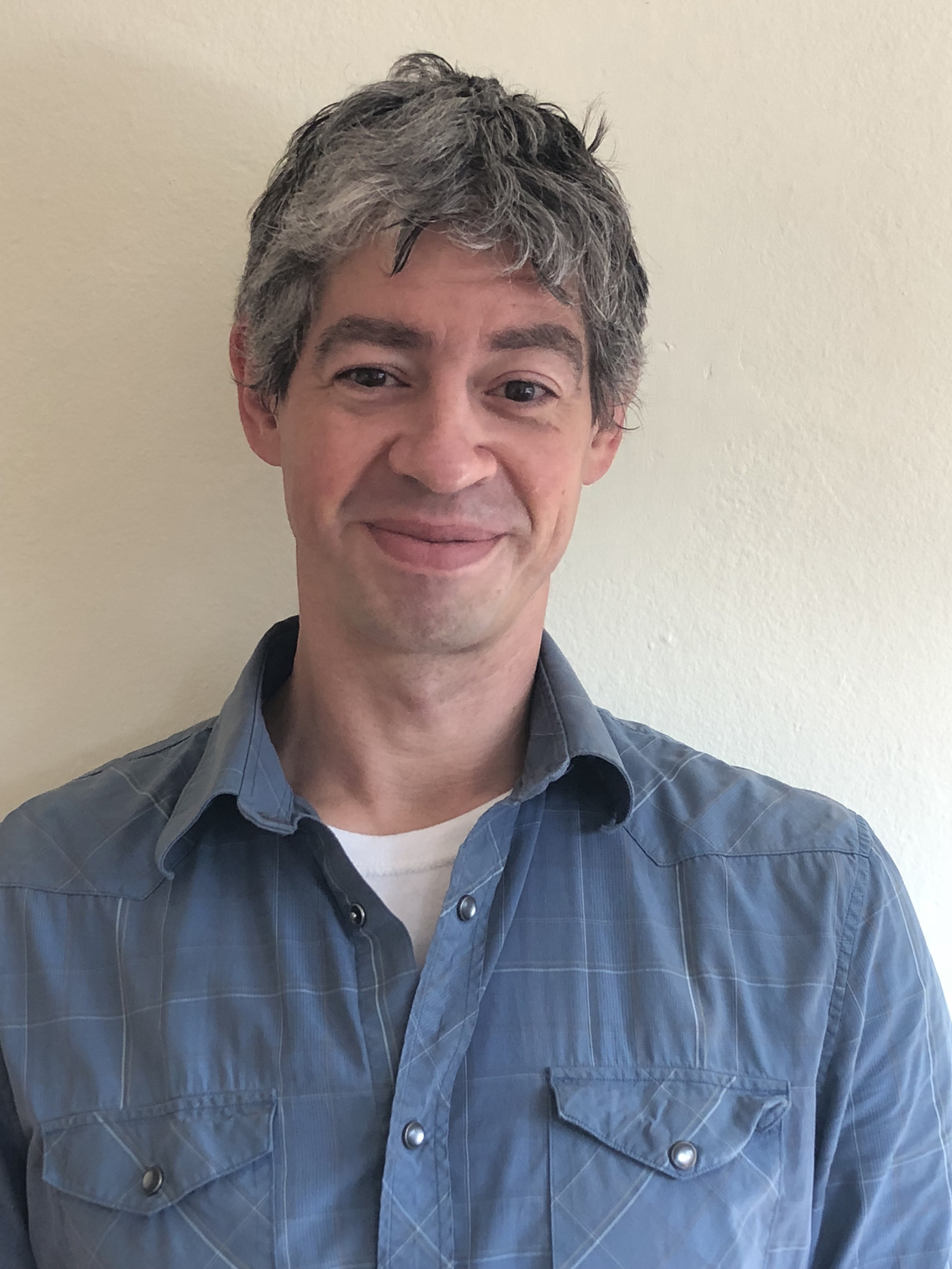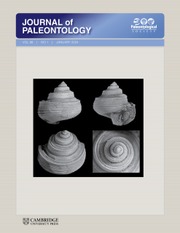
Several of you have admitted that you first started attending my talks for the spectacle of watching someone who clearly hadn't adequately rehearsed teeter on the edge of disaster. With that in mind I'm going to depart from my normal practice and read from prepared notes.
It's customary in this situation to say I feel humbled, but I'm not sure I can convey how genuinely humbled I feel. Like a child, it takes a village to raise a scientist, and I'm incredibly lucky to have been raised by this particular village. Actually, “lucky” isn't really the right word. I've been very lucky in the circumstances of my birth, but even with the unfair advantages our society confers on people like me, luck wouldn't have been enough.
Saying I've been lucky elides the conscious efforts so many of you have made on my behalf. Whether it was taking me aside to discuss my work at my very first GSA meeting, explaining a cryptic outcrop feature on a fieldtrip, giving a thoughtful and constructive review on a manuscript you could have torn apart, or just sending me an email to ask how I was doing, many people in this room have taken the time to educate and support me in a hundred ways. This is a recognition of your efforts as much as mine, and I will do my best to pay the debt forward.
These are difficult and challenging times, and it is inspiring and energizing to come together every year with a community of people dedicated to the simple but profound proposition that the past matters. On top of that, I simply like you all. I could go around the room thanking half the people here for some act of kindness or shared insight, but to your relief I only have a few minutes. So I'll single out some people to whom I owe a particular debt.
I benefited from extraordinary opportunities as an undergraduate at the University of Chicago, where I took paleontology from Jack Sepkoski with Pete Wagner as my TA, worked in Fred Ziegler's lab, participated in David Jablonski's macroevolution seminar, took stratigraphy with Susan Kidwell, and did fieldwork in Panama with Susan and Mairi Best.
As a graduate student at UC Riverside, my horizons were expanded by Nigel Hughes, Pete Sadler, and most of all Mary Droser. More than anybody else in the room, I owe my presence here to Mary. I visited UCR as a prospective masters student with only the vaguest notion of what I wanted to study and left two days later with some of the ideas that have been at the core of my research ever since. In my time at UCR, Mary invested countless hours guiding my development in numerous ways, most of which I was utterly oblivious to at the time. She provided a powerful model of how to create a lab environment that was intellectually rigorous, but also inclusive, supportive, socially responsible, and most of all, fun. Throughout my postgraduate career she has remained my most valued mentor and a dear friend.
In graduate school, I was part of a fantastic cohort of students and recent PhDs at UCR and elsewhere. Acknowledging everyone would take hours, but for moral support, I have to mention Diana Boyer, Phoebe Cohen, Paul Harnik, Noel Heim, Brenda Hunda, Rowan Lockwood, Darrin Pagnac, Shanan Peters, Bill Phelps, Sara Pruss, Carl Simpson, and in particular Bob Gaines. I met Bob the same day I met Mary Droser and like her, he's been a constant force for good in my life since then. Through years as labmates and roommates and months camped together in the Utah desert, he has kept me sane and cooked me more gourmet meals than anyone has a right to expect. And I'm proud to say that after years of debate, Bob now acknowledges that carbonates have much to teach us, and I can grudgingly admit that you sometimes find interesting things in shales.
Among the other students I was privileged to know were Jonathan Payne and Woody Fischer, who went on to be my friends, collaborators, and mentors in two wonderful postdocs.
The Museum of Paleontology and Department of Integrative Biology at UC Berkeley has been such a fun and stimulating place to be that the last six years have flown by. I've again benefitted from mentorship above and beyond the call of duty from Cindy Looy, Ivo Djuinstee, Kevin Padian, Pat Holroyd, Lisa White, David Lindbergh, and especially Charles Marshall, whose intellectual breadth, boundless energy, and enthusiasm for studying the history of life are an inspiring model of what a paleontologist can be. I've also been lucky to work with a wonderful group of graduate students and postdocs. I genuinely look forward to coming to work every day, and I owe that in large part to them.
For the past three years, my wife Erin has been extraordinarily supportive, patiently nodding and playing along when I tell her I'm coming to bed in a few minutes just as soon as I finish this analysis even though we both know it will be hours, and usually passing on opportunities to point out the difference between a doctor of paleontology and a “real” doctor.
Finally and most importantly, my parents Greg and Robin and my brother Noah. I have a vivid memory of standing on a Lake Michigan beach, perhaps seven years old, when my father handed me a wave-polished Devonian crinoid columnal and explained what it was. This new knowledge completely blew my mind, and I have never really recovered. Through the years since that day, my parents have been unwavering in their love, support, and encouragement. They made countless sacrifices for me, and they never had the heart to tell me that growing up to be a paleontologist was not a realistic life goal. If this award belongs to anyone, it belongs to them. Thank you very much.




